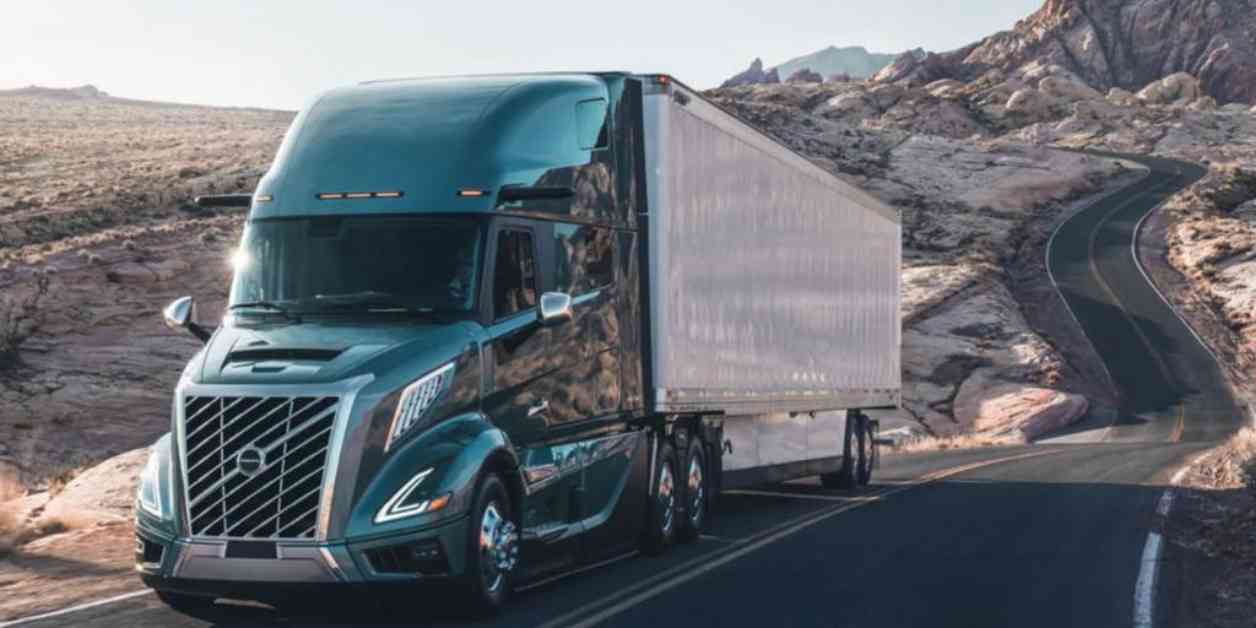Imagine driving down the highway and seeing a huge 18-wheeler truck next to you, but with no human driver inside. Instead, this massive truck is being guided by sensors and computers. It might make you feel a bit uneasy, and you’re not alone. Studies have shown that 65% of people would feel unsafe sharing the road with an autonomous freight truck. And it’s understandable – the thought of such a large vehicle operating at high speeds without a human in control is certainly worrisome for many.
Volvo and the self-driving technology company Aurora have joined forces to create the Volvo VNL autonomous truck, which could be hitting the highways as soon as this summer. This truck is equipped with Aurora’s autonomous driving technology and redundant safety systems. Initially, there will be a human safety operator on board who can take over if any issues arise with the autonomous systems. Volvo is gearing up to start transporting freight loads with these autonomous trucks in the coming months as they prepare for wider commercial operations. In fact, Volvo has already begun manufacturing a fleet of autonomous trucks at their Virginia plant.
Safety is a top priority in the design of the Volvo VNL Autonomous truck. Volvo Autonomous Solutions has incorporated high-assurance redundancy systems to handle emergency situations. The truck has been built from scratch with redundant systems for all safety-critical components like steering, braking, communication, computation, power management, energy storage, and vehicle motion management. This duplication of critical systems significantly improves the safety and reliability of the autonomous truck. Additionally, the truck is equipped with the Aurora Driver system, which includes dual computers, self-driving software, lidar that can detect objects over 1,300 feet away, high-resolution cameras, and imaging radar.
The partnership between Volvo and Aurora is part of Aurora’s strategy to commercialize self-driving trucks by the end of 2024. Other companies in the autonomous trucking industry have faced challenges, with some programs being put on hold or leaving certain markets. Aurora and Continental are working on a project to mass-produce autonomous vehicle hardware for commercial self-driving trucks, with plans to integrate this technology into Aurora trucks in the future.
As self-driving semitrucks get closer to becoming a reality on American highways, the key question is whether the public will accept and trust this technology. Overcoming safety concerns and building trust in the reliability of autonomous big rigs will be crucial for their widespread adoption. The Volvo VNL Autonomous truck represents a significant step towards autonomous hauling on highways, but gaining public confidence will be a major hurdle to overcome.




















